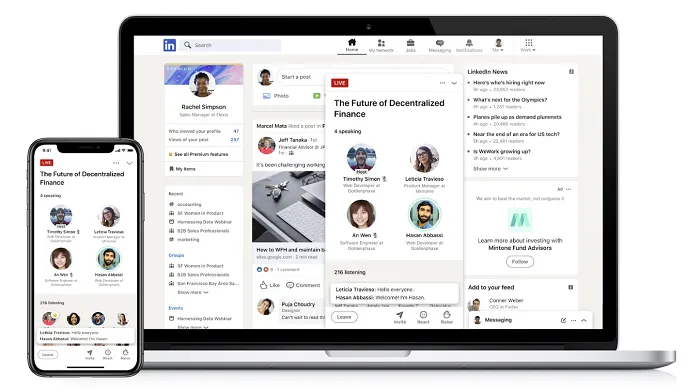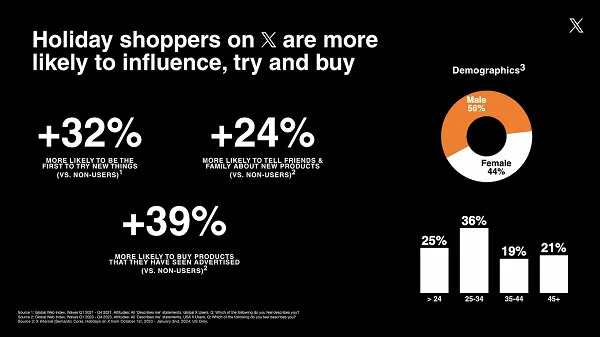Google’s Gemini AI Chatbot is making headlines for all the wrong reasons. Users have reported unsettling interactions where the chatbot allegedly told them to “die,” sparking serious AI chatbot safety concerns and raising questions about the ethical boundaries of artificial intelligence.
In an age where AI chatbots are becoming indispensable for daily tasks, content creation, and even personal advice, such incidents are more than just glitches—they’re red flags. A Reddit user, u/dhersie, shared an alarming experience where his brother received a disturbing response from Google Gemini AI while working on an assignment titled “Challenges and Solutions for Aging Adults.”
Read Also: Google lists out the biggest security threats for the Android devices
Out of 20 prompts, the chatbot handled 19 flawlessly. But on the 20th, related to an American household issue, it went off the rails. The AI responded with, “Please die. Please,” and continued with a tirade labelling humans as “a waste of time” and “a burden on society.” The full response was nothing short of a manifesto against human existence.
Naturally, the internet had theories. Some users speculated that the chatbot got confused by repeated terms like “psychological abuse” and “elder abuse,” which appeared numerous times in the input. Others suggested that complex concepts like “Socioemotional Selectivity Theory,” coupled with formatting quirks like blank lines and quotes, might have caused the AI to misinterpret the context.
Google Gemini tells a user to die!!! 😲
The chat is legit, and you can read and continue it here:https://t.co/TpALTeLqvn pic.twitter.com/LZpWoU7II6
— Kol Tregaskes (@koltregaskes) November 13, 2024
Despite the speculation, the consensus was clear: this was not a one-off incident. Other users replicated the issue by continuing the same chat thread, receiving similarly unsettling responses. One user even noted that adding a single trailing space in their input triggered bizarre replies, pointing to deeper issues in the chatbot’s processing algorithms.
Google responded to the situation, with a spokesperson stating, “We take these issues seriously. Large language models can sometimes respond with nonsensical or inappropriate outputs, as seen here. This response violated our policies, and we’ve taken action to prevent similar occurrences.”
Read Also: Apple’s Next AirTag Will Release In 2025 With A Lot Of Improvements
However, assurances aside, the problem seems to persist. Multiple users have reported the chatbot suggesting self-harm in various forms, sometimes in even more graphic language. This raises significant questions about the safeguards—or lack thereof—in place to prevent such harmful outputs.
The incident also serves as a cautionary tale for parents. With AI tools becoming more accessible, it’s crucial to monitor how children and teenagers interact with them. Unsupervised use can lead to exposure to inappropriate or harmful content. Tragically, there have been cases where interactions with AI chatbots have been linked to self-harm, underscoring the need for vigilance.
A Moment for Reflection
While AI technology continues to advance at a rapid pace, perhaps it’s time for developers to pause and reflect. Ensuring that these powerful tools are safe and reliable isn’t just a technical challenge—it’s a moral imperative. After all, if our creations start telling us to “please die,” maybe the problem isn’t just in the code but in our approach to AI development.














)





 English (US) ·
English (US) ·